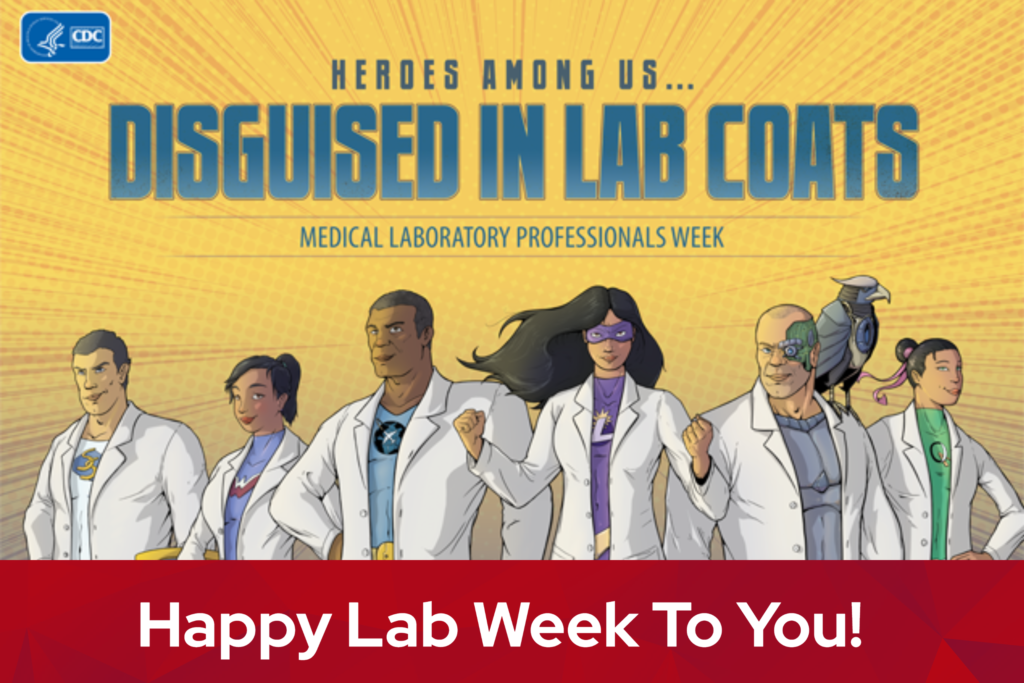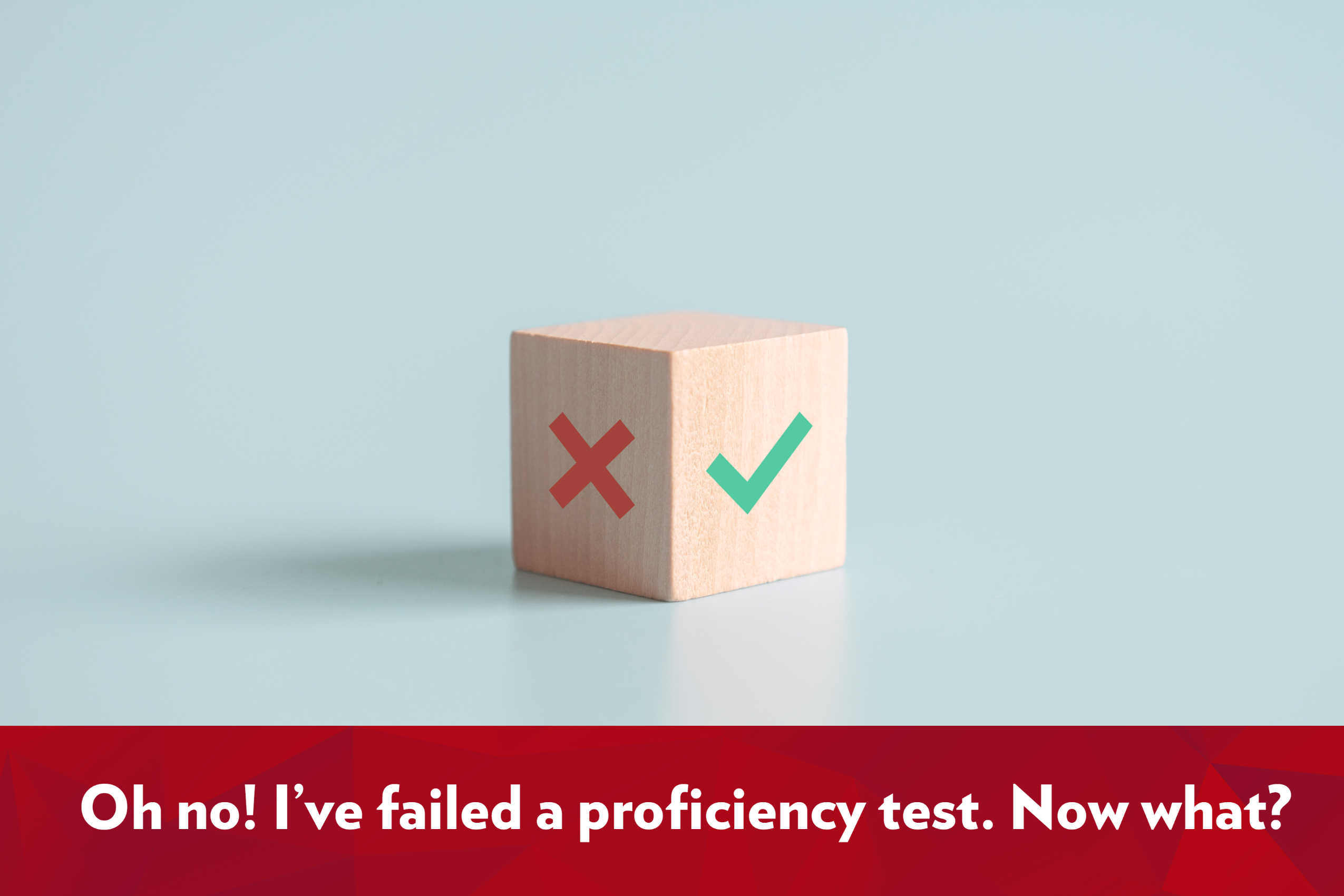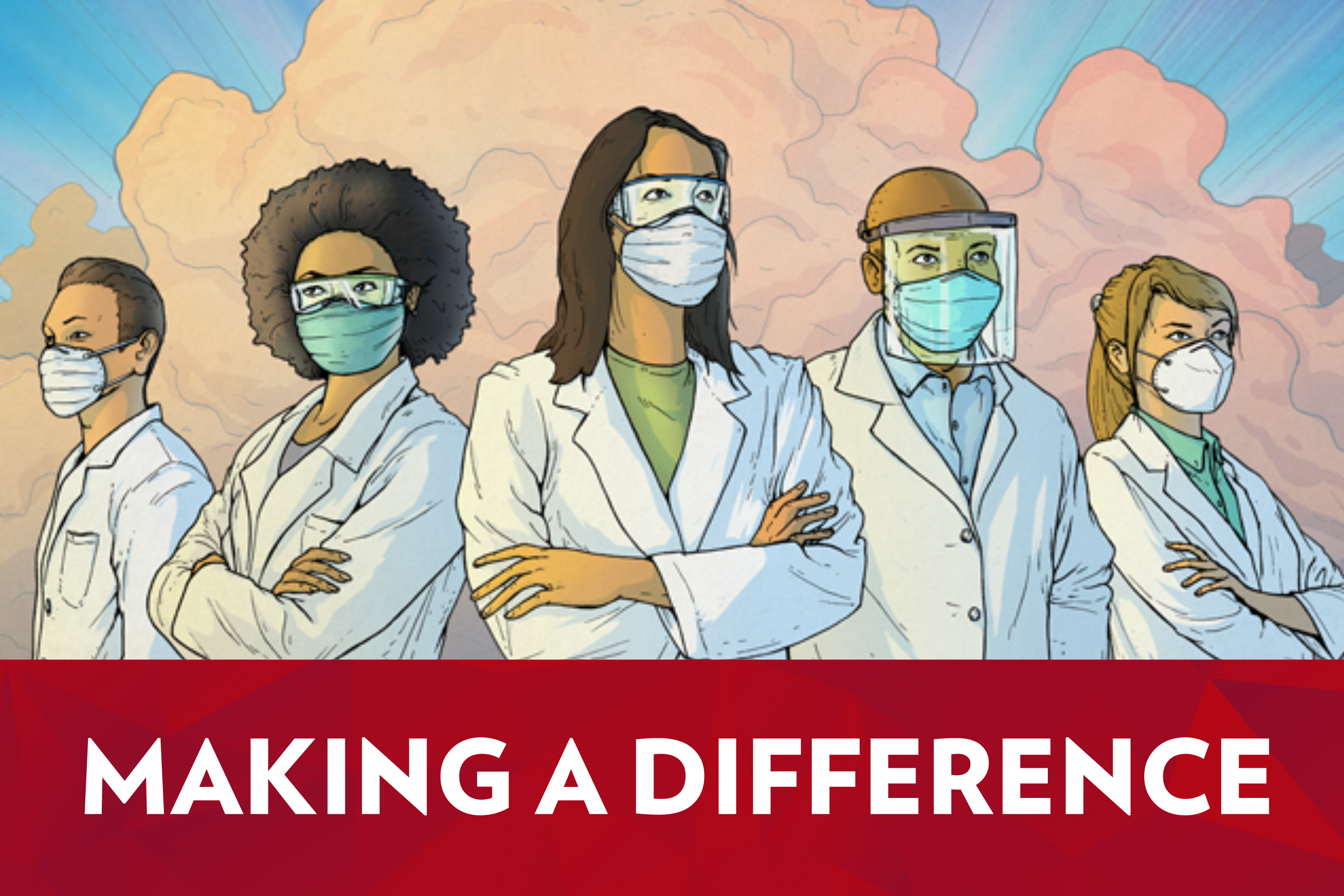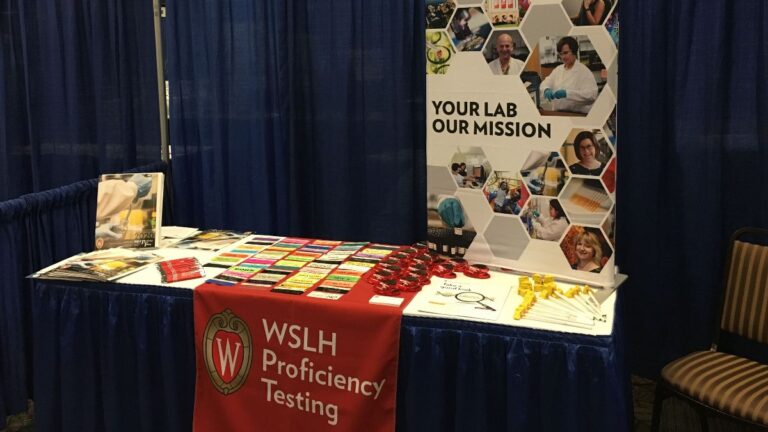Vicky Norrish and her path to laboratory management
When Vicky Norrish was 15 years old, she was in a near-fatal car accident. Needless to say, she spent a lot of time that year in the hospital. From bedside care to having her blood tested, her journey to healing instilled in her a passion for healthcare. By the time she was ready to graduate, Vicky had a broad understanding of all individual roles involved in caring for a patient. She had contemplated pharmacy school, but took a microbiology class in college and fell in love with science. It was this love that would bring her to the world of laboratory medicine.
“I knew the lab was a perfect fit for me. I could still work in healthcare and help people in a way that brought me a lot of life satisfaction, said Vicky.” Today, Vicky Norrish, MLS (ASCP), CHC serves as the Director of Regulatory Compliance and Laboratory Services for Grinnell Regional Medical Center (GRMC) of the UnityPoint Health system in Iowa.
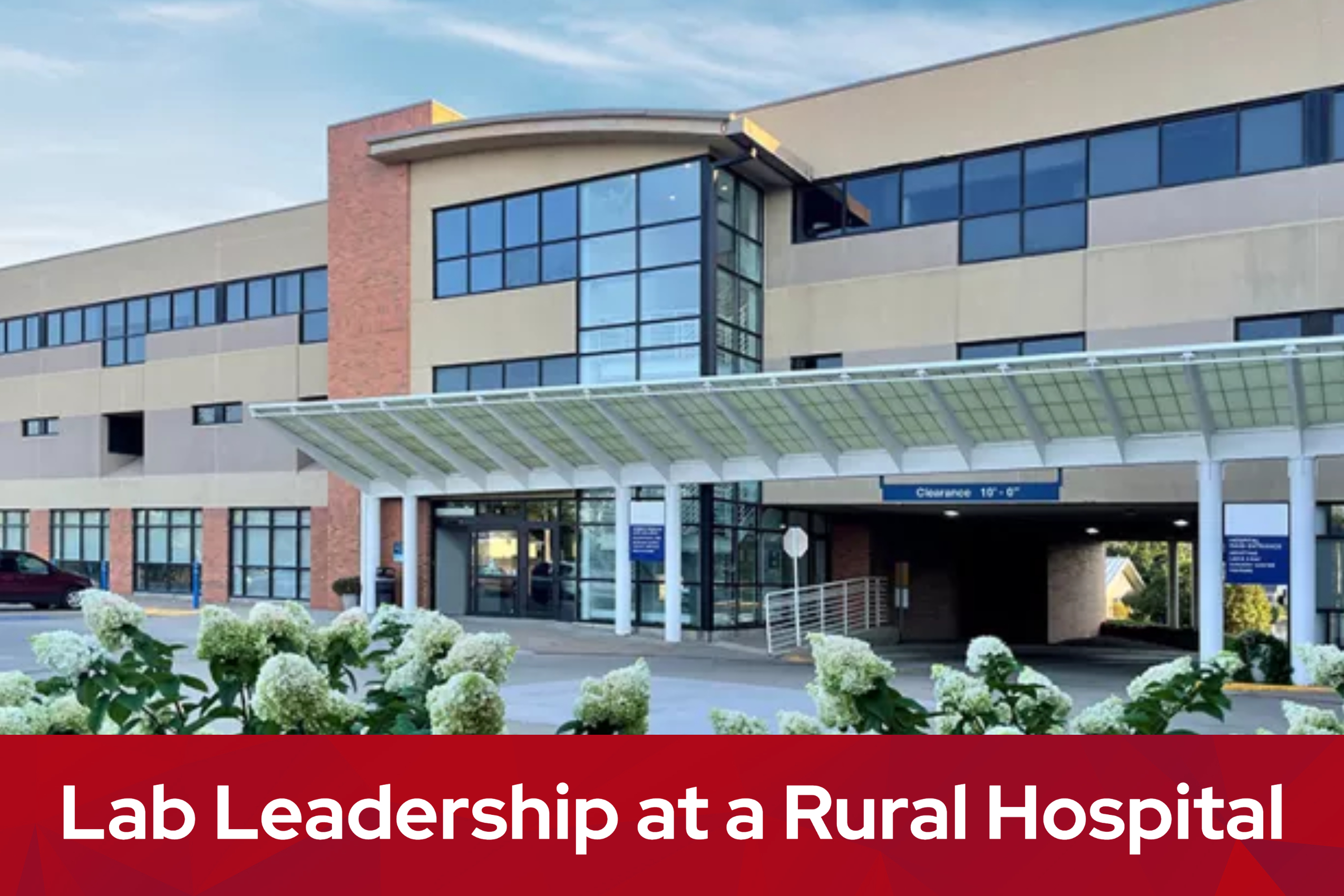
When Vicky started as a bench generalist, there was a job opening in infection prevention at the hospital. It was a sign, she thought, to try something different. She convinced the hospital that they needed to hire a laboratorian for the job rather than a nurse. Vicky did not expect that her 10 years of work in infection prevention would morph into the quality management work she does today.
Carving Her Unique Path to Laboratory Management
As Vicky progressed through her career, she took on different roles and responsibilities. Her extensive experience in compliance, regulatory accreditation, and HIPAA privacy procedures led her to GRMC as their compliance leader. During that time, the hospital posted an opening for a laboratory director. Vicky saw this as a sign to marry the two kinds of work that she really enjoys: laboratory and compliance.
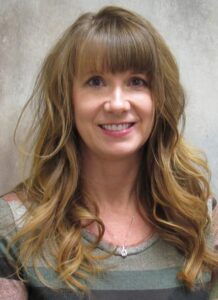 Serving in a rural hospital gave Vicky a fairly unique career trajectory to her role today. From drawing blood to managing the front desk, Vicky eventually found her own cadence in this unique position of being both a laboratory manager and a regulatory compliance professional. She also has a lengthy list of unexpected responsibilities, such as overseeing the occupational medicine department and contracted services, like food and nutrition and the sleep lab.
Serving in a rural hospital gave Vicky a fairly unique career trajectory to her role today. From drawing blood to managing the front desk, Vicky eventually found her own cadence in this unique position of being both a laboratory manager and a regulatory compliance professional. She also has a lengthy list of unexpected responsibilities, such as overseeing the occupational medicine department and contracted services, like food and nutrition and the sleep lab.
“Combining these two roles was a little daunting at first but worthwhile,” said Vicky. “My work keeps me challenged and I get to do something different every day. That’s exciting to me. The staff I have are high performers. So, I really just have to go be their biggest cheerleader and supporter.”
A Great Quality Assurance Practice
What helps her staff maintain a solid quality assurance process is documentation, specifically a system of accountability checklists. Each laboratory and department area has its own unique schedule of tasks to remember, from maintenance to documenting everything properly. To help create a seamless workflow within each of her departments, Vicky created these checklists for all areas of the laboratory and each checklist includes daily, weekly, monthly, and quarterly responsibilities.
“You know, I wasn’t really sure if I was going to receive complaints from staff after implementing these checklists, but it turns out people really seem to like them,” said Vicky. She found that it helped everyone be more successful at their job, knowing exactly what they need to accomplish at the start of their shifts. She adds that it is important to make sure your staff feels supported.
Finding Your Laboratory Management Network
Throughout Vicky’s time as a laboratory manager, she has found a strong network of managers at other laboratories that support each other. She advises that if you are new to laboratory management, connect with the managers at laboratories in surrounding communities. Creating a network of support is important, especially in staffing challenges where you yourself are figuring out your workflow as a laboratory manager.
Helpful Laboratory Management Links
For resources on laboratory management and training support, visit some of the following sites:
Lab Manager: labmanager.com
American Society for Microbiology: A Day in the Life of a Lab Manager or Supervisor
CDC Laboratory Training: OneLab Reach
Wisconsin Clinical Laboratory Network: https://www.slh.wisc.edu/wcln-surveillance/wcln/
WSLH PT Training and Competency: https://wslhpt.org/mls-competency-ce-courses/
American Association for Clinical Chemistry (AACC): New Paths to Leadership for the Clinical Laboratorian
.


